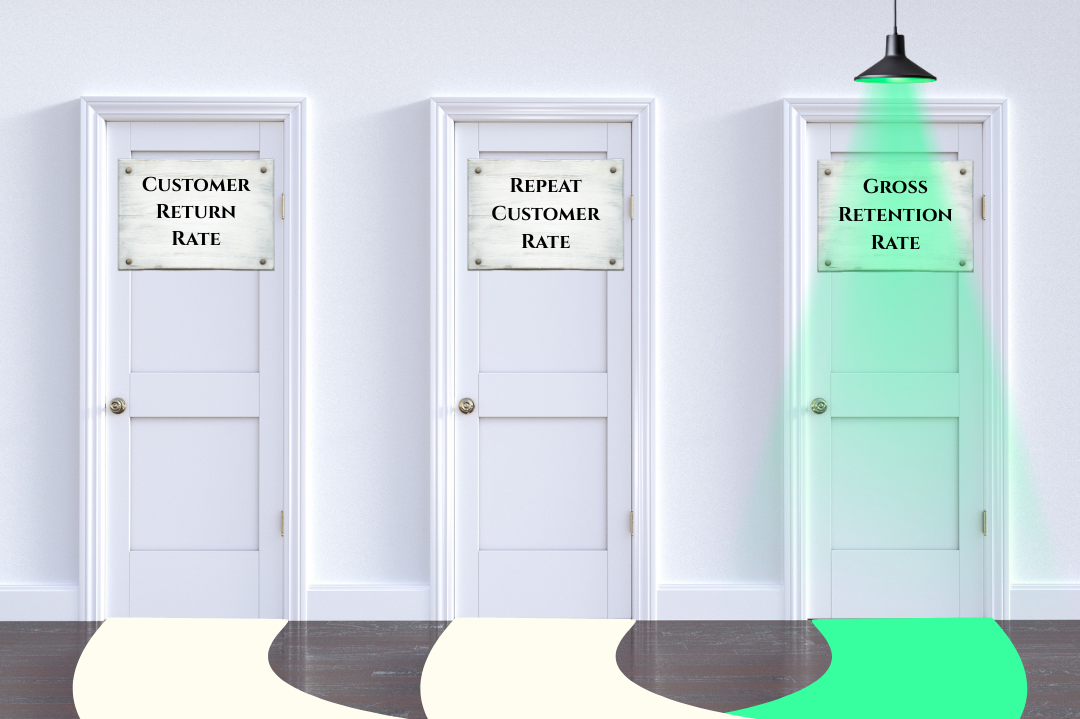July 8, 2025
.png)
For ecomm brands it can be tempting to celebrate every new customer like a major win, and on the surface, it is.
You invested in marketing, captured attention, and closed a sale. But what happens when that customer never comes back?
Too often, brands overestimate the value of a single transaction while underestimating the operational strain of constantly replacing one-time buyers. The reality is clear: if you want sustainable growth, you have to look beyond the first order.
So what is a one-time customer really worth?
A new customer still creates meaningful benefits:
These are helpful wins, but they’re just the start. One-time purchases alone rarely sustain long-term profitability.
Most brands know it’s expensive to acquire customers, anywhere from 5x to 25x more expensive than keeping one you already have. When first-time buyers don’t return, you’re left with:
Spending $50 to acquire a customer for a $75 order might barely break even after costs. But when that customer buys again, their lifetime value multiplies, without another dollar spent on acquisition. Retention isn’t optional; it’s the only way to make acquisition truly pay off.
A one-time buyer is fleeting; brands that grow profitably invest just as heavily in activation, retention, and loyalty as they do in driving top-of-funnel traffic. Here’s how to shift from transactional to transformative:
Every first-time customer has value but relying on one-off transactions is like building your business on sand. Revenue from a single purchase can cover some costs and create a moment of brand exposure, but it doesn’t create stability.
If you want predictable growth, higher margins, and healthier customer relationships, you have to look beyond the first order. Retention is what turns basic transactions into long-term revenue streams.
At Cohora, we help brands move past the cycle of chasing new customers and finally realize the full value of the ones they already have. Because in the end, your most profitable customers aren’t the ones you acquire, they’re the ones you keep coming back.


.png)


